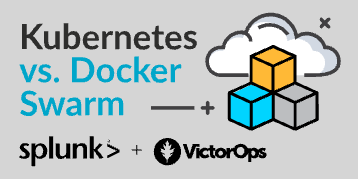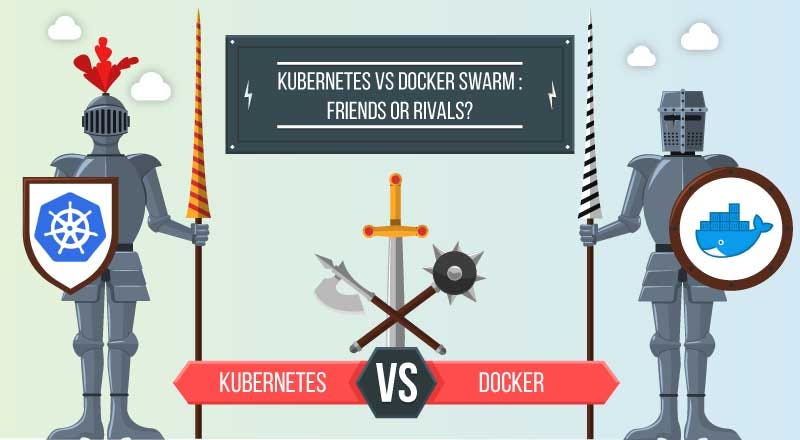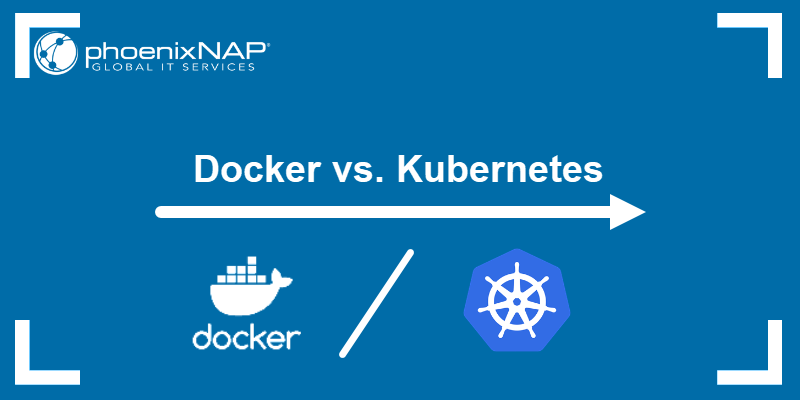

Docker offers a user-friendly way to develop containerized applications, providing a set of tools developers can use to package applications in container images, run containers and manage their lifecycle.ĭocker container images, which were adopted as an industry standard by the Open Container Initiative (OCI), are easy to create, version, and share. Docker Swarm vs Kubernetes: How to Choose ĭocker is the world’s most popular container runtime, and has driven the massive adoption of containerized architecture in recent years.Docker Orchestration Using Docker-Native Tools.Do You Need Orchestration for Your Docker Containers?.It is included in the Docker Community edition and Docker has not announced plans to deprecate it. Important note: At the time of this writing, Docker Swarm is not dead. Cloud container platforms-such as Amazon Elastic Container Service (EKS), Google Cloud Run, or Azure Container Instances (ACI), which provide basic orchestration capabilities and are less complex than full-scale orchestrators like Kubernetes.These include Docker Swarm, a lightweight container orchestrator, and Docker Compose, which automatically runs applications consisting of multiple containers. Swarm and other Docker-native tools-the Docker ecosystem offers several tools for orchestration, which are considered less powerful than Kubernetes, but are easy to use and are readily available for Docker users.There are other orchestrators, such as Nomad and OpenShift Container Platform (which has Kubernetes at its core but expands its capabilities), which can also be used for Docker orchestration, but are outside the scope of this article.


Kubernetes is a powerful platform but is complex and has a steep learning curve. Kubernetes-the de-facto standard for container orchestration, commonly used to orchestrate Docker containers.There are currently two main options for Docker orchestration: As soon as containerized applications scale to a large number of containers, there is a need for container orchestration capabilities, such as provisioning containers, scaling up and down, managing networking, load balancing, and other concerns. Docker orchestration is a set of practices and technologies for managing Docker containers at large scale.


 0 kommentar(er)
0 kommentar(er)
